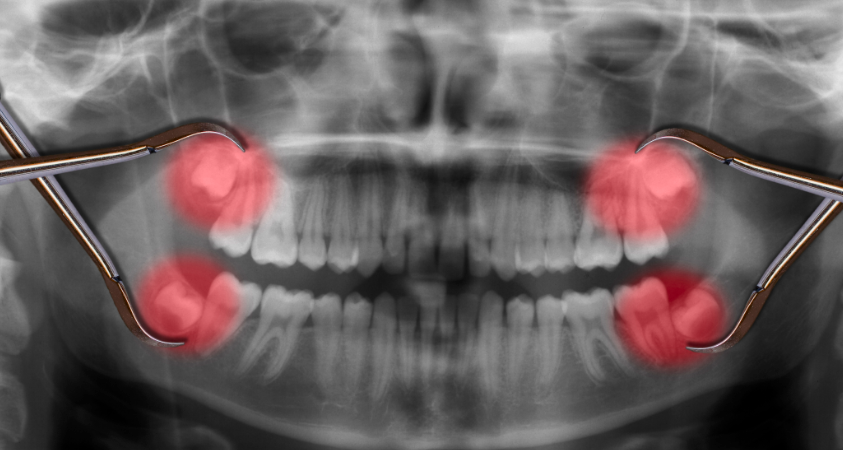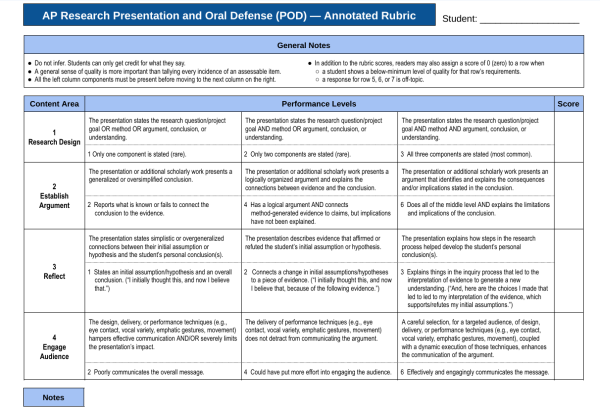Wisdom Teeth 101
What to know when you gotta let ‘em go
With age comes wisdom… that of the mind and the mouth. Luckily for the mind, wisdom tends to stay longer than it does in the mouth. Wisdom teeth are a common nuisance for young adults and while not everyone develops them, 85% of those who do choose to remove them. Originally called third molars, wisdom teeth received their current name from their association with late development when people are older and wiser. Anthropologists suggest that wisdom teeth were developed to help process and breakdown the hearty and tough diets of early humans, who primarily ate meat. However, as human diets transitioned over time, the need for wisdom teeth lessened and as a result scientist now consider them vestigial organs. A vestigial organ, by definition, is any organ that has lost all or the majority of its original function due to evolution. Dentists and oral surgeons recommend that wisdom teeth be taken out before they fully develop as they can crowd the mouth and cause serious pain.
Not sure if you have to get your wisdom teeth removed? First, talk to your dentist to find out if you have any wisdom teeth. You may luck out and learn you are one of the 35% of people that develop no wisdom teeth. However, with the majority of people having them, this is very unlikely. But don’t lose hope yet… wisdom teeth only have to be removed if they are predicted to cause discomfort and crowding in your mouth. Everyone’s dental growth is different and therefore it is best to consult your dentist to understand the best plan for your teeth.
If you are lucky enough to experience the wonder of getting your wisdom teeth removed, there are a few helpful tricks you can follow to shorten your recovery. One of the most important parts of the surgery process it to closely follow the directions outlined by your oral surgeon. Apart from your doctor’s recommendations, many people find it helpful to begin applying ice to the sides of your face as soon as you return from surgery. Because your mouth is numbed during the surgery, it is important to wait a little while before you eat any hot foods. Due to the soreness and difficulty of eating you may experience, it is important to prepare foods ahead of time that you will be able to eat. Great food to stock up on for your surgery recovery include applesauce, soup, mashed potatoes, smoothies, jell-o, oatmeal, yogurt, and everyone’s favorites… milkshakes. It is also important to pay close attention to any medication you are given and whether or not it should be taken on a full stomach to avoid nausea.
Wisdom teeth surgery may not be the most delightful experience, but you can always look forward to the countless Netflix movies and TV shows you’ll have plenty of time to watch. If you are able to eat the night before your surgery, take full advantage of your ability to eat crunchy foods and have a feast of chips, tacos, and hard candy. It takes most people around a week after wisdom teeth surgery to fully recover, so take it easy and enjoy your days of rest.
***DISCLAIMER: This is not from a medical professional and is not intended or implied to be a substitute for professional medical advice, diagnosis, or treatment.













